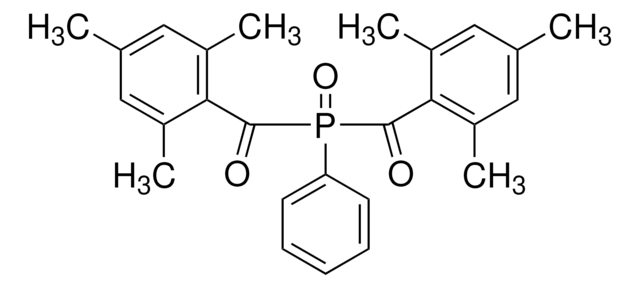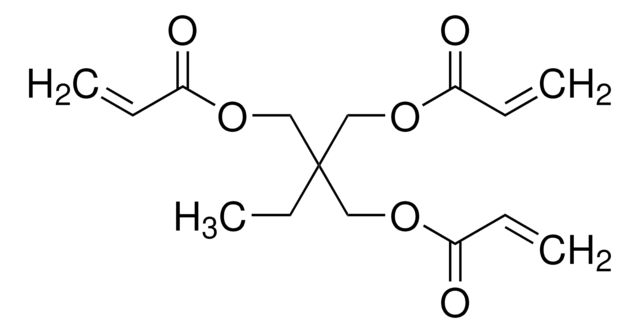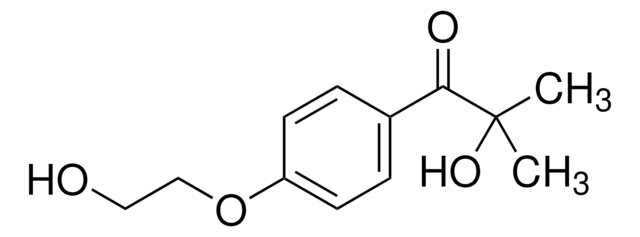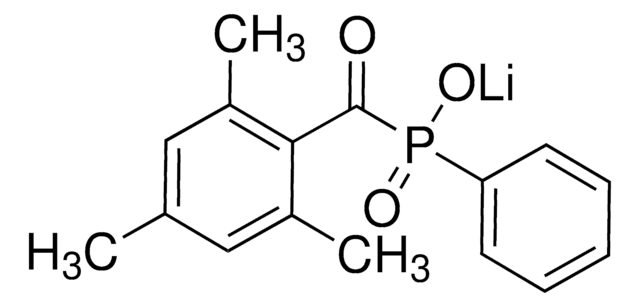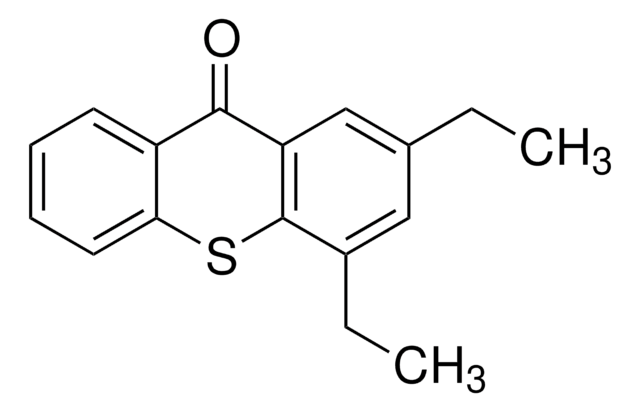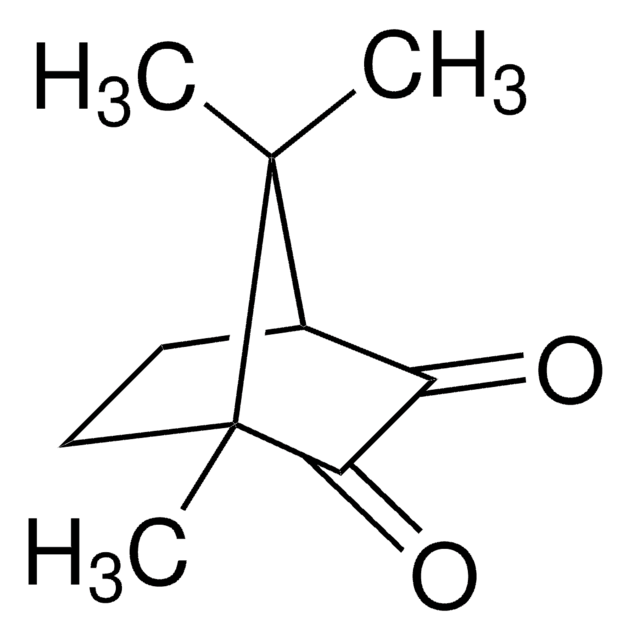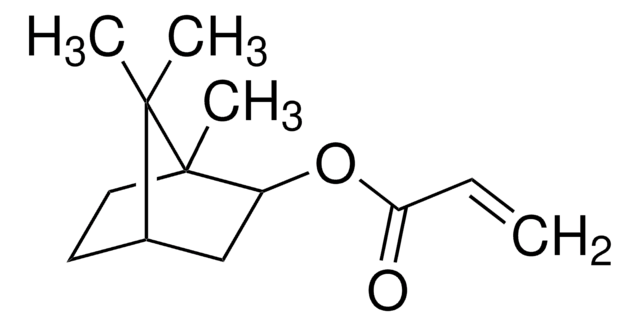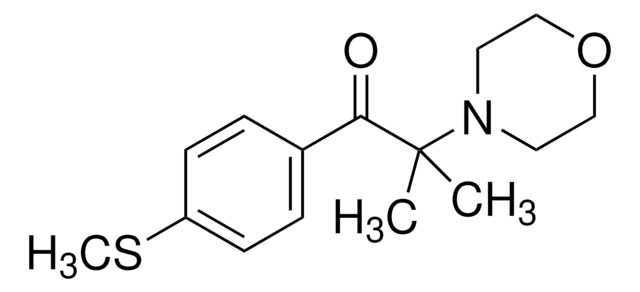415952
Diphenyl(2,4,6-trimethylbenzoyl)phosphine oxide
97%
Synonym(s):
(2,4,6-Trimethylbenzoyl)diphenylphosphine oxide, (Diphenylphosphoryl)(mesityl)methanone, 2,4,6-Trimethylbenzoylphenyl phosphinate
About This Item
Recommended Products
assay
97%
form
powder
mp
88-92 °C (lit.)
SMILES string
Cc1cc(C)c(c(C)c1)C(=O)P(=O)(c2ccccc2)c3ccccc3
InChI
1S/C22H21O2P/c1-16-14-17(2)21(18(3)15-16)22(23)25(24,19-10-6-4-7-11-19)20-12-8-5-9-13-20/h4-15H,1-3H3
InChI key
VFHVQBAGLAREND-UHFFFAOYSA-N
General description
Application
Storage and Stability
signalword
Warning
hcodes
Hazard Classifications
Aquatic Chronic 2 - Repr. 2 - Skin Sens. 1
Storage Class
11 - Combustible Solids
wgk_germany
WGK 2
flash_point_f
Not applicable
flash_point_c
Not applicable
ppe
Eyeshields, Gloves, type N95 (US)
Choose from one of the most recent versions:
Already Own This Product?
Find documentation for the products that you have recently purchased in the Document Library.
Customers Also Viewed
Articles
The manufacture of monomers for use in ophthalmic applications is driven by the need for higher purity, improved reliability of manufacturing supply, but ultimately by the need for the increased comfort, convenience, and safety of contact lens wearers. Daily wear contact lenses have the potential to fill this need for many customers; however, their widespread use is constrained by higher costs compared to weekly- or monthly-based lenses. New approaches that improve cost structure and result in higher quality raw materials are needed to help make contact lenses more affordable and accelerate growth of the contact lens market.
Our team of scientists has experience in all areas of research including Life Science, Material Science, Chemical Synthesis, Chromatography, Analytical and many others.
Contact Technical Service